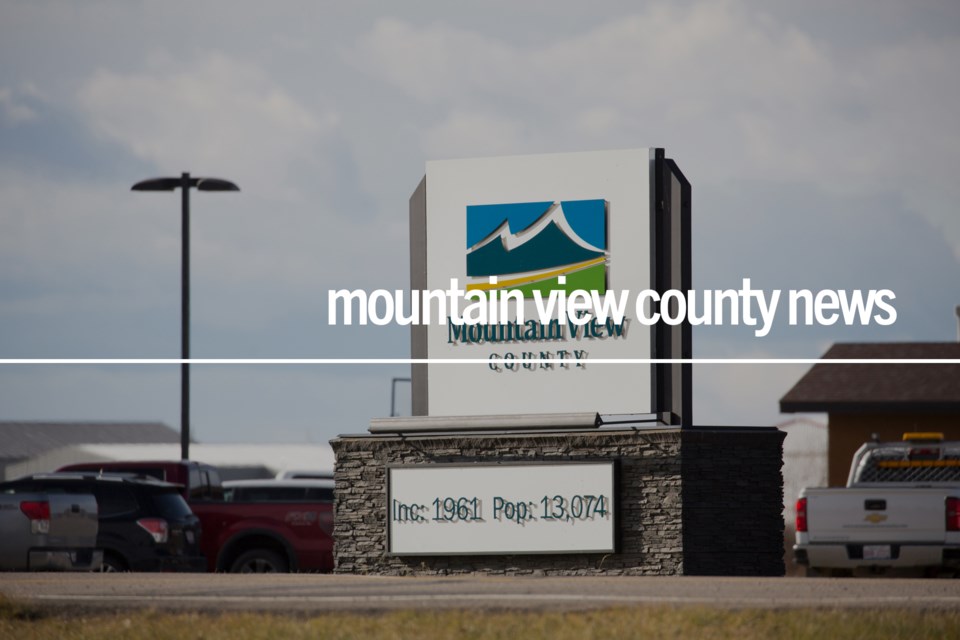MOUNTAIN VIEW COUNTY — The county's agricultural service board (ASB) has been given an update on the Alternative Land Use Services (ALUS) and the Riparian & Ecological Enhancement (REEP) program activities in 2020.
The review came during the recent regularly scheduled board meeting, held by teleconference.
In 2020, a total of nine producers were approved for ALUS projects totalling $46,653 in funding, members heard.
The projects across the county impacted a total of 287 acres of wetland, riparian and upland areas.
“It is estimated that producers contributed $38,106 to project establishment, including material costs, equipment and labour,” administration said in a briefing note to the board.
The ALUS program helps farmers and other landowners preserve ecosystems on their properties, with priority projects including improvements to environmentally sensitive, marginal or inefficient farm land, and enhancing natural features contained within the farmed portion of the land.
Seven producers had their respective ALUS contacts come up for renewal in 2020 and have renewed for an additional five years.
Since 2015, 36 area land owners have been approved for ALUS projects in the county, with almost 300 projects undertaken, conserving about 1,600 acres of wetlands, riparian and upland areas.
A total of $17,595 of Alberta Conservation Association grant funds were allocated to ALUS projects and $5,000 toward the administration of the REEP program in 2020.
“Producers that applied to the Canadian Agricultural Partnership for funding did hear back on their applications this fall and many received the funding they applied for,” administration said.
During the Dec. 14 board meeting, ALUS representatives provided a presentation to the board via teleconference. Those officials were Karen Snethun, Jill Weaver, Rhonda King and Christine Campbell.
Board members were also given an update on the REEP program. In 2020 two project were approved for a total of $2,405.
Six follow-up riparian health assessments were completed on 2015 REEP projects, with all showing improvement from the initial project health assessments, members heard.
Four sites scored healthy, one scored healthy with problems and one scored unhealthy.
“The site that scored healthy with problems was a dugout site and the scoring was just below the healthy measurement of 78 per cent. The site that scored unhealthy is a challenging saline site where foxtail barley is dominant.”
All REEP applications are scored using a project rating form, and funding recommendations are based on that rating. The form considers locations, water bodies impacted, size of project areas, livestock numbers, and environmental impacts.
Board members were given an update on the provincial Green Certificate Program.
The program is available to high school students, providing them with opportunities to enter 12 different agriculture-related fields of study.
“Each area has structured learning pathways and the student can earn up to 16 Grade 12 diploma credits and a credential leading to a career in agribusiness,” administration said.
The study areas are beekeeper, cow-calf beef, dairy, equine, feedlot beef, field crop, greenhouse, irrigated field, poultry production, sheep, and swine production.
Made up of appointed public members and members of county council, the ASB advises the county and the province on agriculture issues.



